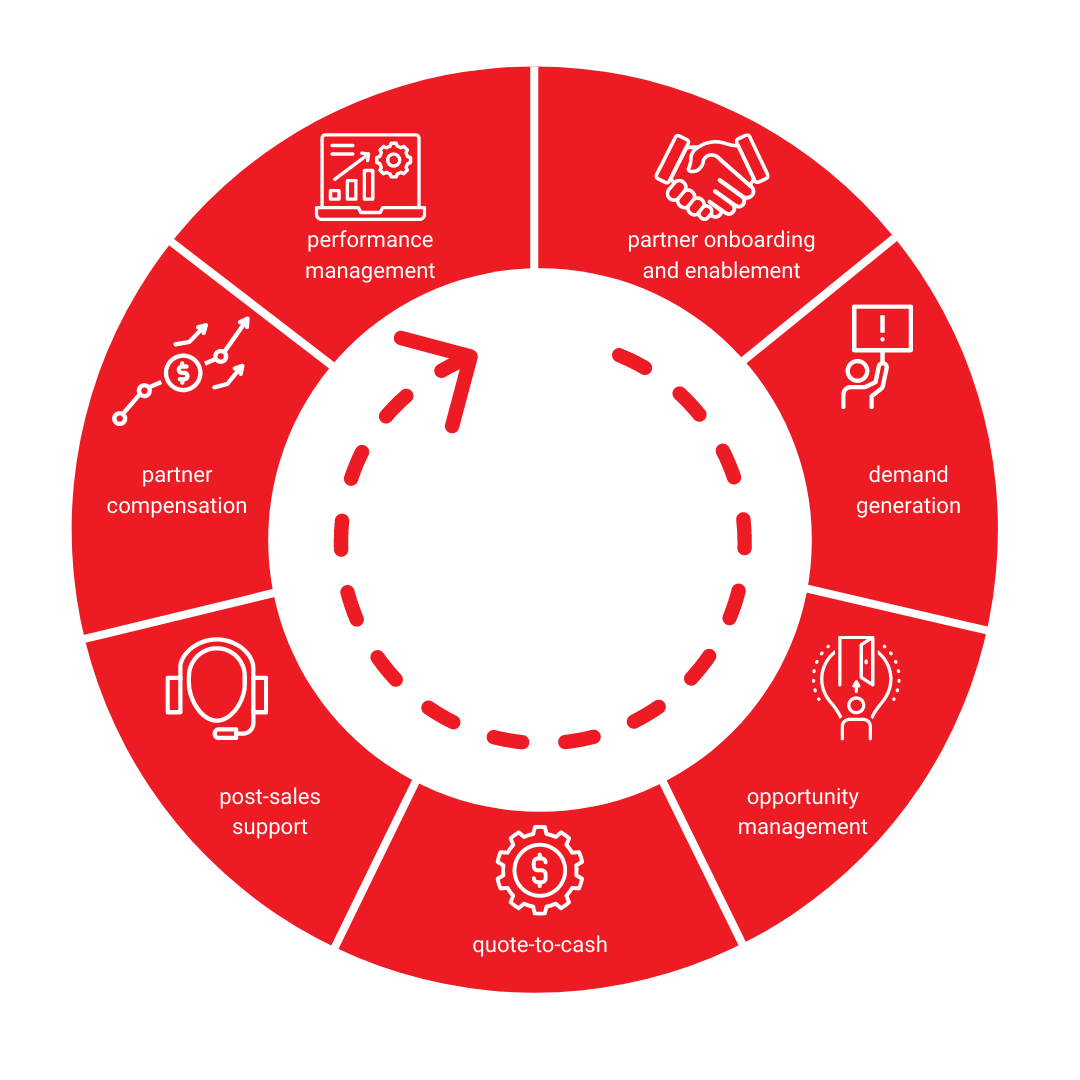If you’re asking yourself ‘Why is our channel partner network not playing a synchronized tune?’ this article has some food for thought. The attempt here is to step back and look at the channel partner from a different prism, something that is easy to miss seeing when we are perennially chasing business goals.
Why channel partners?
All the reasons why channel partner systems have their advantages:
- Reach – The width and depth of channel partnerships are greater because of their expertise and insights.
- Predictable cash flows – This removes the larger business challenge of collections.
- Adaptability – The flexibility that channel partners offer helps suit dynamic market requirements. They are deeply aware of customer needs which enables them to stitch together offerings in time.
- Real-world expertise – They are embedded within the market which makes them an indispensable resource for market intelligence on consumers and competition. Their inputs on forecasting are of great importance for businesses.
The advantages are so obvious that there is no counterargument to how one makes the most of channel partnerships. A couple of fundamental questions:
- What expertise does the channel partner bring that we don’t have?
- What options do we have to reach our customers and why is the channel partner route the best option?
Even if you have not asked these questions before, nothing is lost in asking these questions now and knowing the right answers. Fear not if the answers are leading us to a different option.
Who should be my partner?
Assuming that by now we know why you need one, the next logical question is who qualifies to be your channel partner?
Just because experts are out there with other large companies, it doesn’t qualify them to be partners with you before proper evaluation. Channel partner engagement is like wedlock. It needs depth, introspection, and keen examination of your prospects. Have options, evaluate each from multiple dimensions, ask tough questions to gauge attitude, commitment, and above all take time and don’t rush into it.
What should be the compensation structure for the partner?
Compensation is the operating word here, not commission. There is a very conscious reason why one needs to look at it this way and not just a simple commission structure. After all, a good channel partner is one who will look at absolute earnings from the business and not mere percentages. The channel partner risk-reward aspect is your responsibility as much as it is theirs.
Avoid viewing this aspect of partnership in a short-term manner. Paying unreasonably high to entice them and pulling out the plate later jeopardizes trust and almost always leads to poor execution. If discussions with channel partners have to be on “how to increase sales” get the compensation structure consistent and right. Otherwise, a large amount of your managerial time is spent on justifying “their commission.”
How big is big for a channel partner?
It is a myth that when channel partners have grown with you, they get out of control. And that we would need to right-size them on account of it. I am big on the diversity of perspectives that channel partners bring to the table. With size comes more commitment, more resources, and above all high trust. Making them big should be the goal and not cutting them to size. You don’t want channel partners to stop growing because they fear that you will reduce the slice of the pie if they grow.
Consequently, channel partner compensation and growth need to be seen from a bilateral perspective and not only from the specs of your company. When we enable this, loyalty is guaranteed.
Measuring performance – go well beyond just sales numbers
Any objective assessment of people and progress requires specific KRAs to be set and a strong performance management system. Why not a similar index and system for channel partners?
Take care to set the right expectations, measurement criteria, have mechanisms for periodic assessment, rewards that linked to goal achievement, and last but not least identify performance gap areas. Providing for the development of these aspects is crucial to a successful channel partner management system. If this is done right, it engages and motivates channel partners. It can get them to go well beyond your expectations from them.
Thinking win-win when it comes to channel partners is of paramount importance. It is easy to do it in upcycle models but the best companies manage to do it in downcycle ones too. Which guarantees you an enduring channel partner system and gives you a competitive edge.
Being consistent and demonstrating skin in the game is all that it takes to have channel partners rooting for you.



